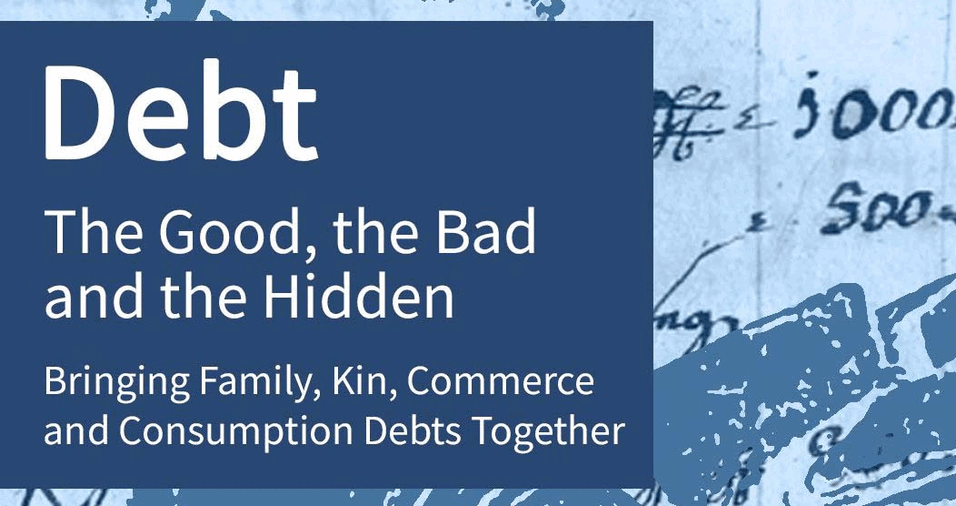Organisationsteam: Janine Maegraith, Margareth Lanzinger, Matthias Donabaum
Im Rahmen des FWF-Projekts "The Role of Wealth in Defining and Constituting Kinship Spaces from 16th to the 18th Century"
Um Anmeldung wird gebeten bis 14. September 2022 an margareth.lanzinger@univie.ac.at
Programm (PDF)
In this workshop we would like to address aspects concerning socio-economic practices around debts. We are particularly interested in opportunities and risks people took with secured and unsecured, short-term and long-term debts, and in the resulting balancing acts. First, we want to examine forms and logics of incurring debts, whether debts were formally or informally documented and if and how they were brokered. Regarding different kinds or agreements we will chart the effects of (life) annuities, mortgage debts, pledges and guarantees. Second, looking at specific stipulations we want to find out whether dates of repayments and/or interest rate payments were settled; whether universal or specific hypothecary securitization was common; whether lending was for investments, for consumption or repayment of other debts. Third, in terms of personal relationships we examine possibilities and problems connected with lending inside and outside family and kin. Finally, we ask what modes of repayment and/or restructuring of debt – via exchange, purchase, etc. – can be traced in the sources.
Particular focus will be placed on inheritance shares, marriage portions or dowries as debts and their effects: how were such family debts carried further and how were they transferred? Were they paid out and if so how? What consequences did they have compared to other debts? Who was liable for which debts? What gender-specific impact does this question have? It is our goal to look at family debt – often ‘hidden’ or underestimated in historiography – in conjunction with commercial and consumer debt.

